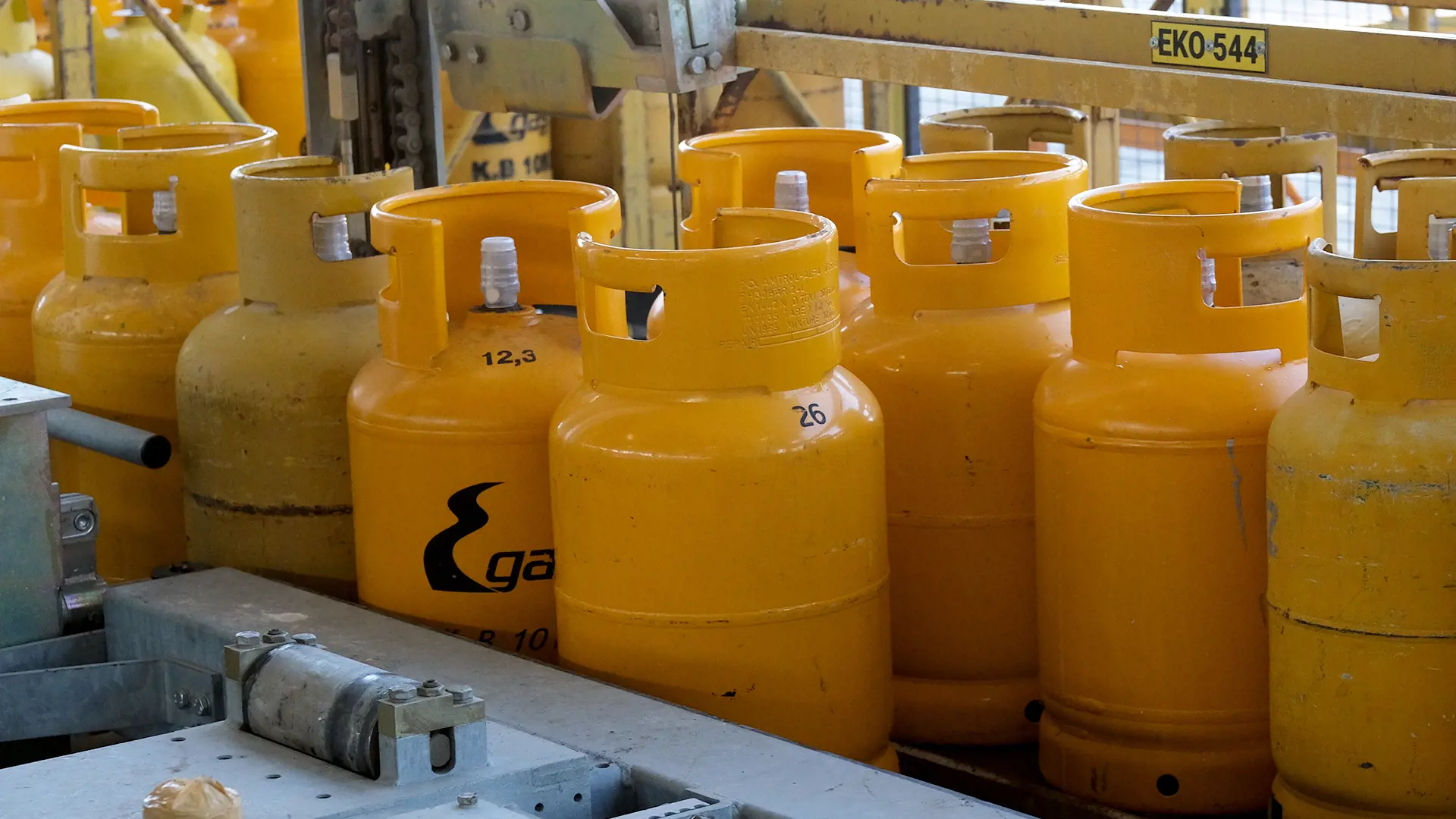Liquefied Petroleum Gas (LPG) is a flammable mixture of hydrocarbon gases, primarily propane and butane. These gases are extracted from natural gas processing or as a byproduct of oil refining. LPG is highly flammable but relatively clean-burning, making it a versatile fuel source for various applications.
Properties of LPG
- Liquefaction: LPG is easily liquefied under moderate pressure, making it convenient for storage and transportation.
- High Energy Content: LPG has a high energy content per unit of volume, making it an efficient fuel source.
- Versatility: LPG can be used in a wide range of applications, including cooking, heating, transportation, and industrial processes.
Uses of LPG
- Cooking: LPG is widely used for cooking in homes and restaurants, providing a clean and efficient alternative to other fuels.
- Heating: LPG is used for heating homes and buildings, providing a reliable and cost-effective source of heat.
- Transportation: LPG is used as a fuel for vehicles, including cars, trucks, and buses. It is considered a cleaner alternative to gasoline and diesel.
- Industrial Applications: LPG is used in various industrial applications, such as powering forklifts, generators, and other industrial equipment.
Safety Considerations
- Flammability: LPG is highly flammable and can be explosive under certain conditions. Proper handling and storage are essential to ensure safety.
- Leak Detection: Regular inspections and leak detection measures are crucial to prevent accidents.
- Ventilation: Adequate ventilation is necessary when using LPG appliances to prevent the buildup of harmful gases.
Environmental Impact
- Cleaner Burning: LPG is considered a relatively clean-burning fuel compared to gasoline and diesel, producing lower emissions of harmful pollutants.
- Reduced Carbon Footprint: In some cases, LPG can have a lower carbon footprint than other fossil fuels.
Liquefied Petroleum Gas (LPG) plays a significant role in meeting the energy needs of many countries. As technology continues to evolve, LPG is likely to remain an important fuel source for various applications, particularly in developing countries.
